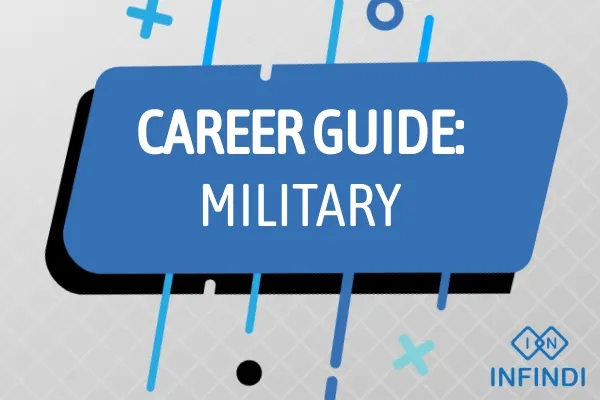For those with a calling for duty, discipline, and a commitment to serving their country, careers in the military offer a unique and honorable path. Whether you’re an aspiring recruit or someone exploring advancement opportunities, understanding the intricacies of military jobs is crucial. This article aims to provide a comprehensive guide to military careers, addressing duties, salary expectations, job descriptions, skills, qualifications, education and training requirements, experience prerequisites, frequently asked questions, and daily tasks.
1. Duties and Responsibilities
Military professionals play a vital role in defending their nation, maintaining peace, and responding to emergencies. Common duties and responsibilities include:
- Defensive Operations: Protecting the nation from external threats.
- Training and Readiness: Preparing for various military operations.
- Humanitarian Assistance: Providing aid during natural disasters or crises.
- Peacekeeping Missions: Contributing to global peace and stability.
- Discipline and Leadership: Upholding military values and leading teams.
2. Salary Expectations
The compensation structure in the military is different from civilian jobs. Salaries are based on rank and years of service. Entry-level positions may start at around $20,000 annually for enlisted personnel, while officers with higher ranks can earn well over $100,000. Additional benefits, including healthcare, housing, and education assistance, contribute to the overall compensation package.
3. Possible Job Descriptions
Military roles encompass various positions, each contributing to different aspects of defense and service:
- Infantry Officer: Leading ground forces in combat operations.
- Aviation Pilot: Flying aircraft for reconnaissance or combat.
- Logistics Specialist: Managing the supply chain and equipment distribution.
- Medical Corps Officer: Providing medical care to military personnel.
- Intelligence Analyst: Analyzing and interpreting intelligence data.
4. Skills and Qualifications
Successful military professionals possess a combination of physical fitness, mental resilience, and strong leadership skills. Key skills include:
- Discipline: Adhering to military regulations and protocols.
- Physical Fitness: Maintaining peak physical condition.
- Leadership: Leading and motivating teams under challenging conditions.
- Adaptability: Navigating diverse and dynamic operational environments.
- Technical Proficiency: Mastering specific skills related to the chosen military occupational specialty.
5. Education and Training Requirements
Educational requirements vary based on the branch of the military and specific roles. Enlisted personnel typically need a high school diploma, while officers may require a bachelor’s degree. Training includes basic military training followed by specialized training related to the chosen job.
6. Experience Requirements
Military careers involve a progression through ranks, with experience gained through active service. Leadership positions often require years of experience and successful completion of leadership courses.
7. Frequently Asked Questions
Q: Can military personnel specialize in specific areas?
A: Yes, military personnel often specialize in areas such as special operations, intelligence, engineering, or medical services based on their training and interests.
Q: How is career progression in the military structured?
A: Career progression is based on merit and time in service. Promotions are earned through a combination of performance evaluations, professional development, and time in rank.
Q: What role does teamwork play in military careers?
A: Teamwork is fundamental in the military, where cohesive and well-coordinated teams are crucial for mission success and the safety of personnel.
8. Daily Tasks and To-Do Lists
The daily tasks of a military professional can vary based on their branch, role, and current mission, but a typical to-do list may include:
- Participating in physical training exercises.
- Conducting equipment maintenance and readiness checks.
- Engaging in ongoing training and professional development.
- Executing assigned missions or tasks based on operational needs.
- Collaborating with fellow military members to ensure mission success.
In conclusion, a career in the military offers a unique and honorable journey for individuals dedicated to serving their country with commitment and sacrifice. Whether you’re considering joining the military or aiming for advancement, understanding the duties, qualifications, and daily tasks associated with military jobs will set you on the path to a fulfilling and impactful career. Explore opportunities, embrace the values of service, and embark on a journey of honor and dedication in the realm of military service.

